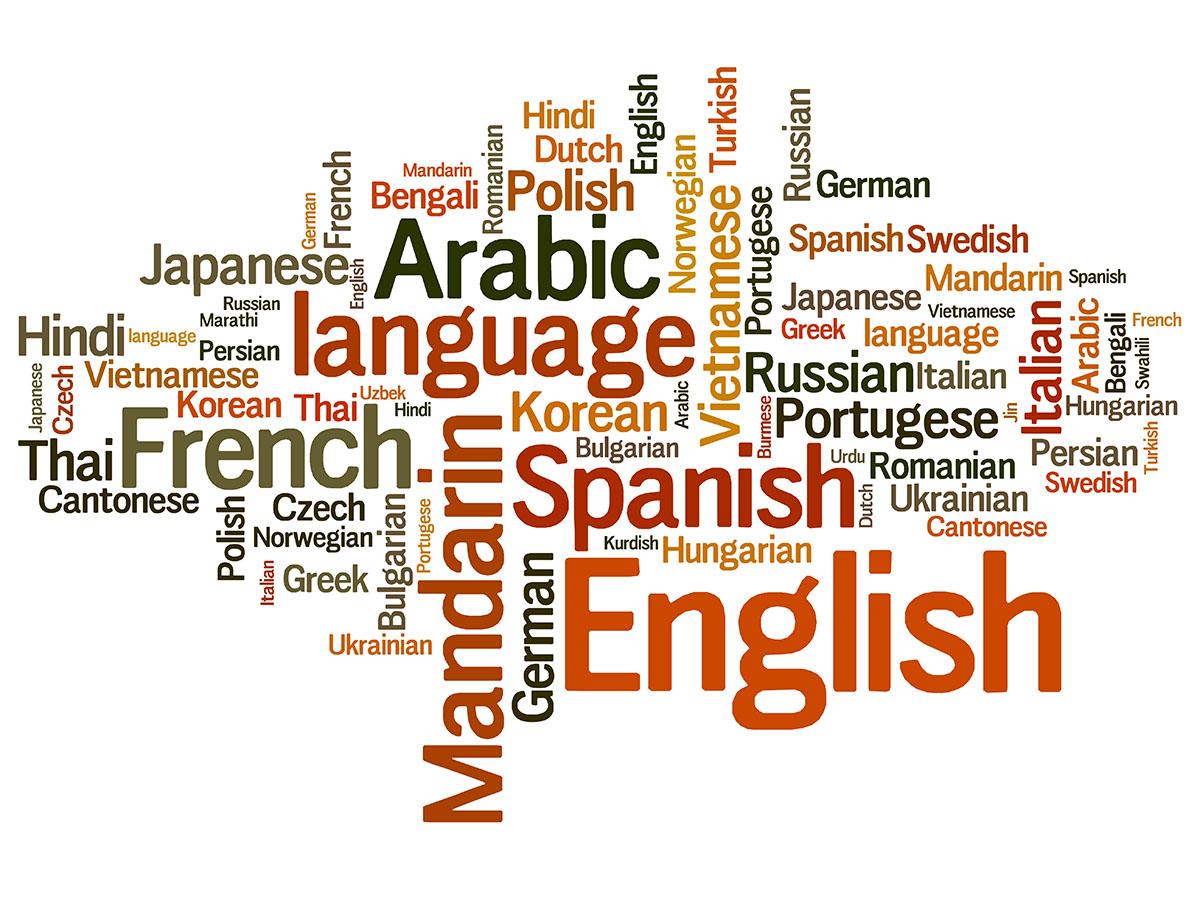Most prevalent languages on the internet
At least in terms of the top positions, the languages with the most usage on the Internet correspond to those with the most usage offline. The top three languages on both lists are English, Chinese, and Spanish, but not in the same order. Following the current trajectory of the world, it appears that the most widely spoken languages will become indispensable, while the remainder will dwindle until they vanish. But how realistic will this scenario become?
In this post, we will examine the data pertaining to the most commonly used languages on the Internet, how the Internet affects languages, and try to predict what will happen to the other languages in the future.
english as the global language
Even among the most widely spoken languages on the Internet, English's superiority is undeniable. Taking into account the three most widely spoken languages in the world, this language has significantly more speakers than its direct competitors, Chinese and Spanish. Approximately 52% of online content is written in English.
When data is transferred to the Internet, the proportion of the second and third most-spoken languages in the world is drastically reduced. 5% of the Internet is in Spanish, making it the fifth most prevalent language on the web. While only 1% is in Chinese, the eighth most spoken language in the world. In terms of the number of users, English also dominates (35%), followed by Chinese (13%) and Spanish (7%).
Online content is published in English.
Many native speakers of other languages read and publish content in English, based on these statistics. Since native speakers of this language could not produce or cover so much information on their own. In fact, many of us share English-language articles on Facebook or Twitter (often to appear more interesting, but you can't fool us!).
Or we seek pertinent information on pages in this language because we cannot locate it in another of the most widely spoken languages, such as Spanish. This has a clear and significant impact on our lives: those who do not speak English cannot access certain information, so we all strive to learn it.
What about minority language speakers?
On the basis of this information, there are those who predict that we will all eventually speak English. And only the remaining languages spoken today will survive (and only just.) This may appear to be advantageous for everyone, as all communication barriers would be eliminated. However, the consequences would be catastrophic in reality.
Speakers of minority languages would cease speaking them, and with the loss of each language, a culture would perish. Minority languages are frequently the result of a lack of people to speak with, or, in other words, an excess of speakers of the majority language. However, there are means to combat this tendency (the famous diglossia of bilingual societies.)
We utilize our preferred terminology on social media.
According to a recent study conducted by the University of Santiago, this reality is inverted on social media, where individuals express themselves in the language with which they are most comfortable. Due to the fact that social media eliminate geographical barriers, it is much simpler to choose with whom to communicate.
A glimmer of hope may still exist: minority languages may become dominant in digital mediums for one-on-one communication.
Let's speak our own minds!
As far as we can tell, English is the most prevalent language on the Internet. Even though English is one of the most widely spoken languages offline (see? ), minority languages still have a place to thrive on the Internet.
If we are optimistic, we can anticipate that multilingualism will become the norm on the Internet. Internet is where other languages have their own space, despite the dominance of one language in the global information market.
